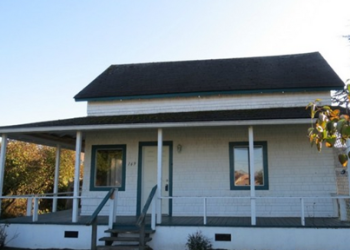I regularly hear from buyers who need to sell their houses in other states before they can buy a Sequim or Port Angeles home. After filtering through the online MLS and finding the perfect home, their question is, “Will the seller consider a contingent offer?” What they are asking is will the seller accept an offer if they can agree on the price and terms, contingent upon the buyer selling their home, wherever that may be. There is an answer to that question, and while the seller is the only one who can answer it, there is a logical set of issues that the seller will consider before answering it.
First, the seller wants to sell his home, so he’s motivated to accept an offer, even if it has a contingency, . . . provided there is a reasonable probability that the buyer can actually close the transaction. That’s the big proviso. A motivated seller will accept a contingent offer if there is a good chance the buyer can perform and close.
The second step is answering the question, “What would qualify as a ‘reasonable probability’ of closing?” Well, let’s break that down. If the buyer owns a home in Phoenix where there are thousands of homes in foreclosure, where developers have overbuilt and entire subdivisions stand unfinished, and there is a serious glut of existing inventory, it probably is not likely this Phoenix seller (and Sequim buyer) is going to sell their Phoenix home soon, or at least within a reasonable period of time.
What is a reasonable period of time? A seller who accepts an offer must have assurances that the transaction will close within 30 to 90 days. Anything beyond that is simply too long. There would be no reason for a seller to accept an offer that was so speculative no one could intelligently guess when it will close. So a contingency must not be a speculative contingency with little probability of happening.
A logical seller when presented with a contingent offer from a buyer who first needs to sell their own home will want assurances that the buyer can sell their home soon. That will require some proof that the buyer’s home can be sold, and that could come in the form of a letter from the buyer’s Realtor with some further documentation and telephone discussions. The seller may require more, and understandably so. A seller may say, “If the buyer is so sure she can sell her home and have the funds to close within 30 to 90 days, then tell her to first sell her home and then come back and we’ll ink this deal.” That’s a reasonable response.
Since the real estate markets around the country have been so slow, few sellers are willing to accept this kind of contingent offer that is a speculative contingency.
Last Updated on July 27, 2012 by Chuck Marunde




























